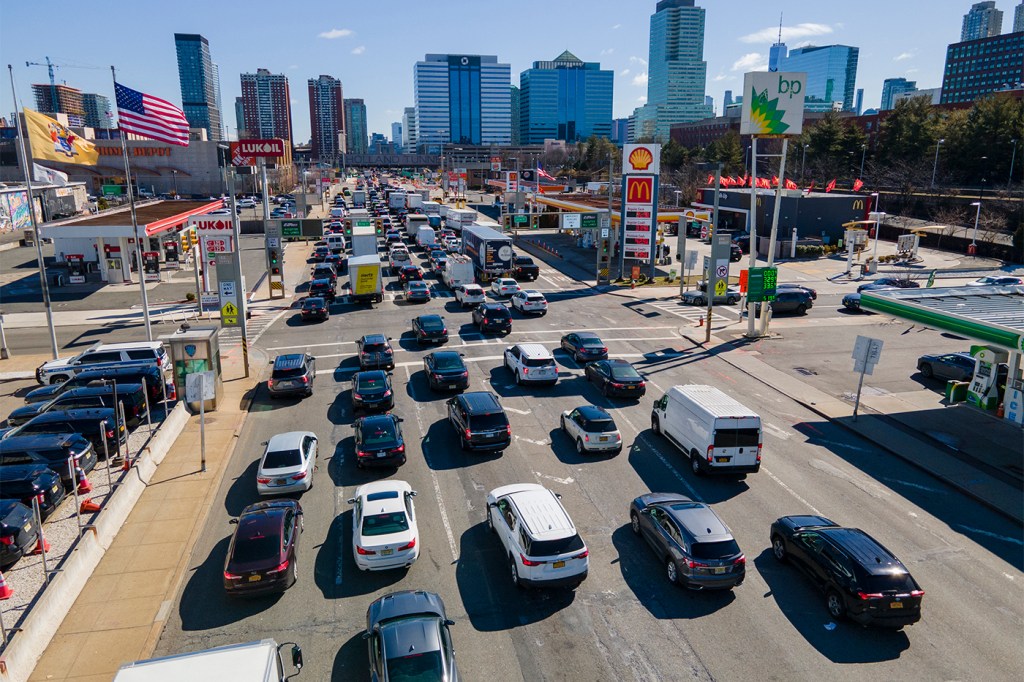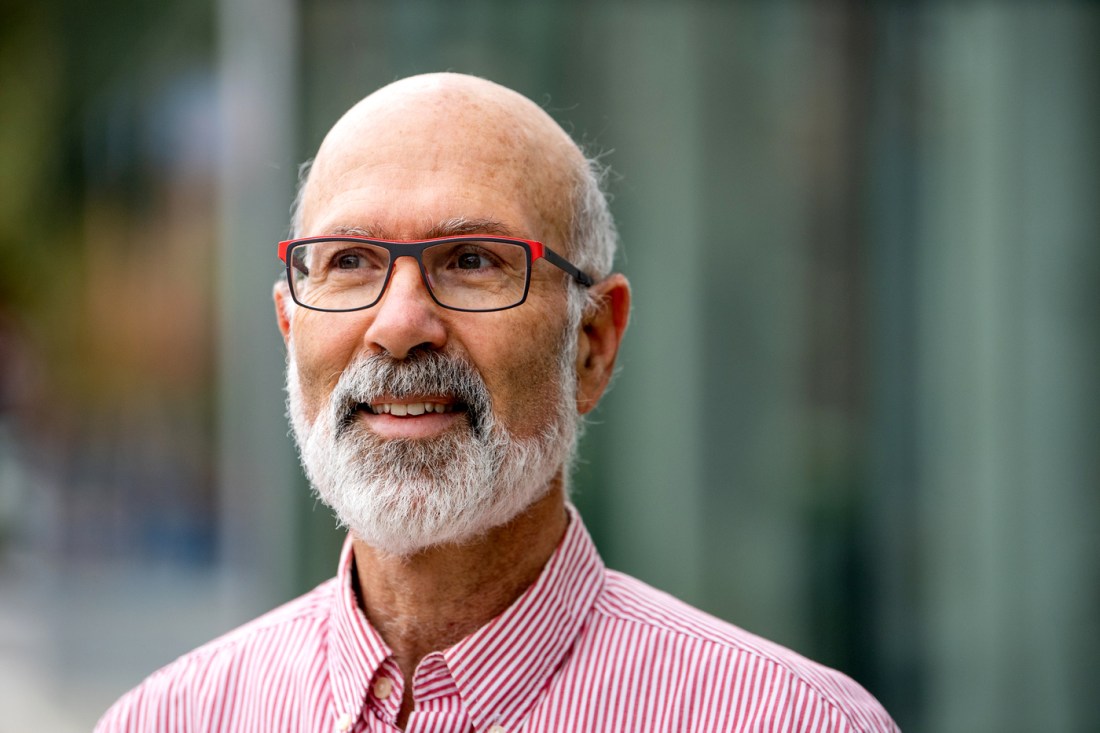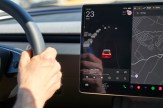Congestion pricing approved in New York City. Expect it elsewhere soon, traffic expert says

At the end of each semester in his traffic engineering class, Northeastern University professor Peter Furth gives a lecture about transportation of the future.
“I say the most important thing to expect for the future is congestion pricing,” says Furth, a professor of civil and environmental engineering.
New York City took a major step toward that future on Wednesday when the Metropolitan Transportation Authority approved the final proposal for congestion pricing. The program is expected to start in June.
Congestion pricing attempts to reduce traffic and pollution by charging prices to drive in certain parts of a city. It has been done in London, Stockholm and Singapore, Furth says.

New York City’s plan will be the nation’s first, charging most drivers a $15 toll for entering much of Manhattan below 60th Street. Trucks would pay $24 or $36, depending on their size. Taxi fares would go up by $1.25, and Uber and Lyft fares by $2.50.
Officials expect the plan will reduce traffic in one of the world’s busiest commercial districts by 17% — similar to other cities with congestion pricing — while also raising money for public transportation.
The plan still faces lawsuits that could derail it, but New York Gov. Kathy Hochul vowed last month that “it will happen.”
Furth thinks it’s about time.
“In an affluent society — and that’s what we are and that’s what we’re becoming more and more — people don’t like waiting in line,” Furth says. “But that’s what we do in traffic. We sit around and wait, and the only alternative to that is pricing.”
Furth explains that each person adding to road congestion contributes to delays experienced by all. If — as the adage goes — time is money; then we are effectively costing other drivers money by joining traffic.
Featured Posts
“There’s only one way to find out if your convenience is worth the cost you impose on others and that’s to put your money where your mouth is,” Furth says. “If your time is worth it, put up the money.”
Congestion pricing is not without opposition. Dozens of residents in a Manhattan neighborhood have filed a class-action lawsuit. The United Federation of Teachers and New Jersey lawmakers are among others who have also filed suits.
The Coalition in Opposition to Congestion Pricing says the program is “an unfair, regressive tax that places undue financial burden on families, the elderly, and the mobility impaired.” The group says congestion pricing will increase the cost of all goods and services in the Central Business District, hurt office occupancy and tourism in the area, and areas outside the border will see increased traffic.
As to concerns that congestion pricing would harm low-income workers, Furth says that he disagrees.
“People who are really poor don’t own a car, and will benefit from the transit improvements that are financed by congestion pricing. The people who are affected are those who own a car, who are paying insurance, who are paying thousands of dollars in repair bills,” Furth says. “They should not have a right to impose delay on other people without paying for it.”
Furth also says that demand for traveling by car is “more elastic” than what people generally believe.
“There’s something magic about putting a price of $10 or $15 on it and people will say, ‘Hmm, I found a way to avoid it,’” Furth says.
Instead, Furth says congestion pricing will primarily affect the wealthy who willingly pay the price of driving, and the revenue it produces can be used for any number of things: improvements to public transportation, infrastructure projects, street beautification projects, subsidies for low-income workers and more.
As for congestion pricing in other American cities, Furth says license-plate reading technology — such as those used on the Tobin Bridge — enables such plans to be put in place. And he mentioned several good candidates, including Boston.
“I don’t know of any movement to do it,” Furth says. “But Boston needs it.”











